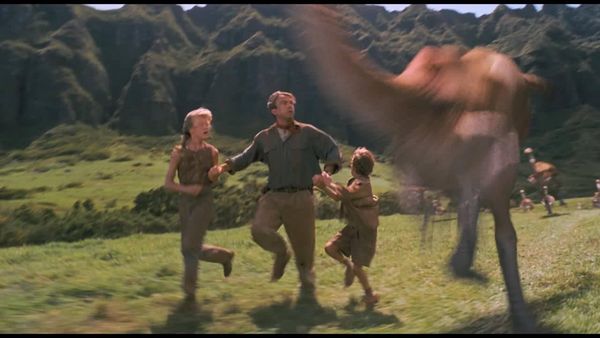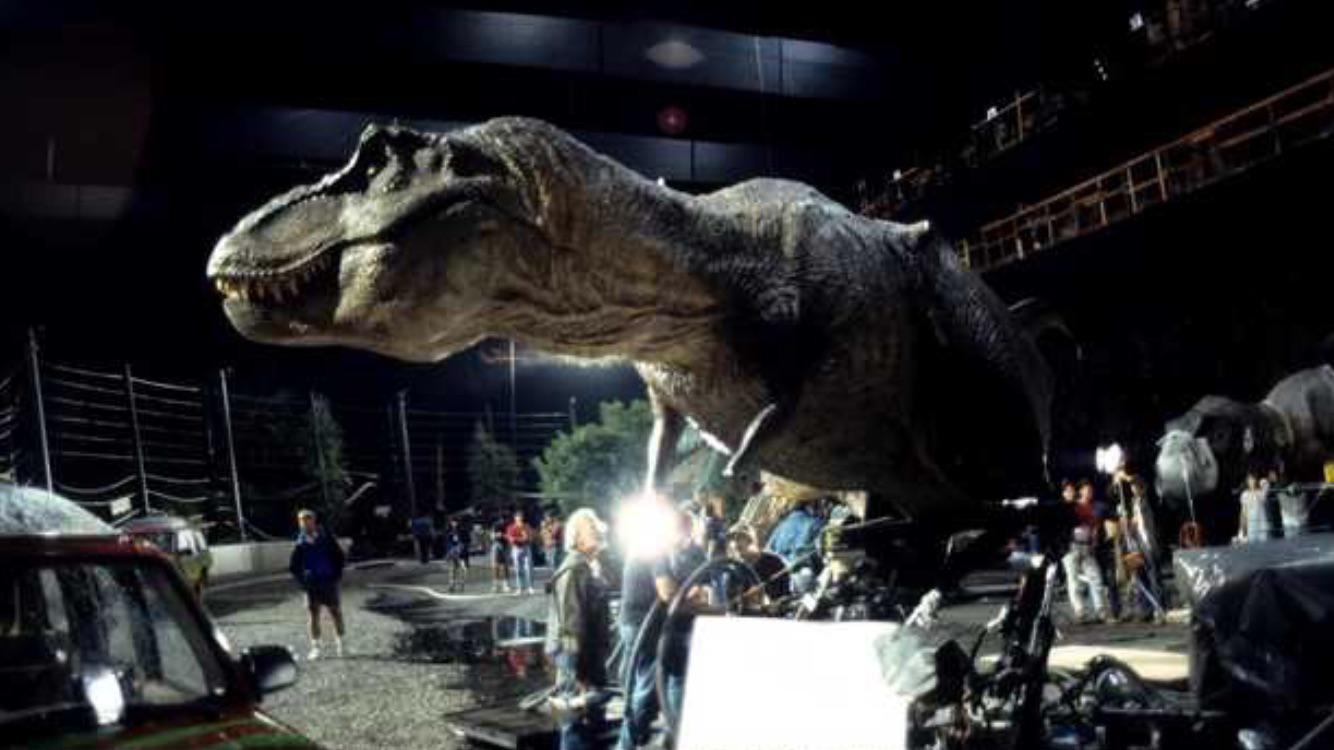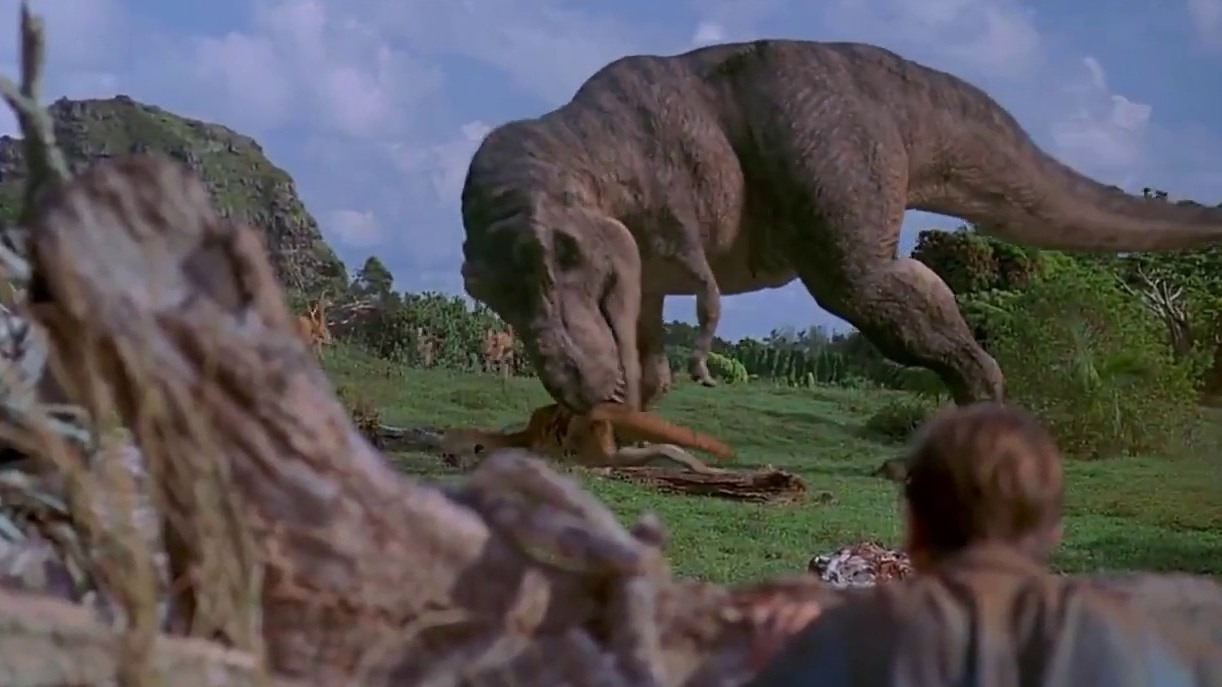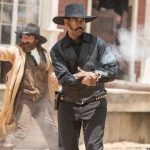Jurassic Park (1993)
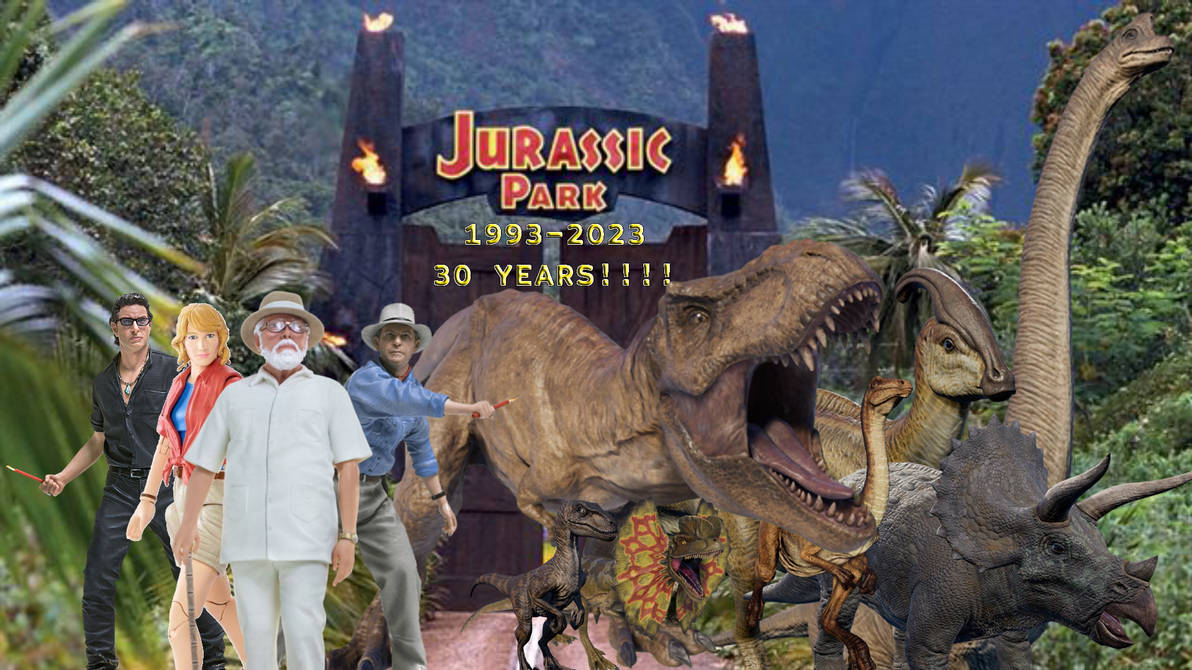
“Jurassic Park,” directed by Steven Spielberg and released in 1993, is a landmark film in the adventure and science fiction genres. Based on Michael Crichton’s novel of the same name, the film combines thrilling action with profound ethical questions about scientific advancement and the relationship between humanity and nature. Its innovative use of special effects and groundbreaking CGI redefined the standards for visual storytelling in cinema.
The story is set on a remote island called Isla Nublar, where billionaire industrialist John Hammond (played by Richard Attenborough) has created a revolutionary theme park populated by genetically engineered dinosaurs. To ensure the park’s safety and viability, Hammond invites a group of experts to evaluate the site before its grand opening. This group includes paleontologist Dr. Alan Grant (Sam Neill), his colleague Dr. Ellie Sattler (Laura Dern), and mathematician Dr. Ian Malcolm (Jeff Goldblum). They are soon joined by Hammond’s two grandchildren, Lex (Ariana Richards) and Tim (Joseph Mazzello), who add youthful curiosity and excitement to the expedition.
Initially, the group is awed by the spectacle of living dinosaurs, marveling at the technological advancements that made this possible. However, as the narrative unfolds, the inherent dangers of playing with nature become painfully evident. A catastrophic series of events unfolds when the park’s security systems fail, allowing the dinosaurs to roam freely. The once-idyllic vision of a dinosaur sanctuary quickly devolves into a harrowing fight for survival as the characters are hunted by the very creatures they came to admire.
At its core, “Jurassic Park” explores complex themes surrounding scientific ethics and the consequences of humanity’s desire to control nature. The film poses thought-provoking questions about the moral implications of genetic engineering and the responsibility that comes with such power. Dr. Ian Malcolm’s character serves as a voice of caution, frequently warning the others about the unpredictability of nature and the hubris of mankind.
The film also emphasizes the theme of chaos theory, suggesting that even the most meticulously planned systems can unravel in unexpected ways. Malcolm’s famous line, “Life finds a way,” encapsulates the unpredictability of life and the limitations of human control over nature.
“Jurassic Park” is renowned for its groundbreaking special effects, which were revolutionary at the time of its release. The combination of practical effects, animatronics, and pioneering CGI created a convincing and immersive experience for the audience. The T. rex scene, where the massive dinosaur escapes its enclosure and terrorizes the characters, remains one of the most iconic moments in cinematic history. The realistic portrayal of the dinosaurs not only captivated audiences but also set a new standard for visual effects in Hollywood.
John Williams’ unforgettable score further enhances the film’s emotional depth, with sweeping melodies that evoke a sense of wonder and adventure. The music plays a crucial role in shaping the audience’s emotional response, making the thrilling moments even more exhilarating and the quieter moments poignant.
The characters in “Jurassic Park” are well-developed and relatable, each serving a distinct purpose within the narrative. Dr. Alan Grant’s journey from a skeptical scientist to a protector of the children showcases his growth and adaptability in the face of danger. Ellie Sattler’s character embodies intelligence and resourcefulness, proving that courage comes in many forms.
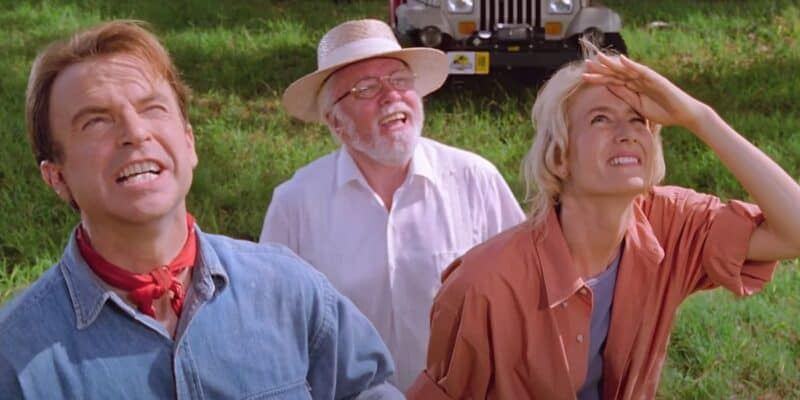
Jeff Goldblum’s portrayal of Dr. Ian Malcolm is particularly memorable; his charisma and wit provide levity in tense moments while also challenging the ethical boundaries of scientific exploration. The dynamic between the characters adds depth to the story, allowing the audience to connect emotionally with their struggles.
Upon its release, “Jurassic Park” became a cultural phenomenon, grossing over a billion dollars worldwide and becoming the highest-grossing film of its time. Its success led to the creation of several sequels and a franchise that continues to thrive today. The film’s legacy can be seen in its influence on both the adventure genre and the broader realm of science fiction.
“Jurassic Park” also sparked a renewed interest in paleontology and dinosaurs, inspiring a generation of scientists and filmmakers. Its themes remain relevant, continuing to resonate in discussions about bioethics, environmentalism, and the consequences of human intervention in nature.
In conclusion, “Jurassic Park” is not just a thrilling adventure film; it is a profound exploration of humanity’s relationship with science and nature. Steven Spielberg’s masterful direction, combined with groundbreaking visual effects and a compelling narrative, creates a cinematic experience that has stood the test of time. As audiences continue to marvel at the wonders of dinosaurs and grapple with the ethical questions raised by the film, “Jurassic Park” remains a timeless classic that captivates both the heart and the mind. Its legacy as a pioneering work of science fiction ensures that it will be celebrated for generations to come.
